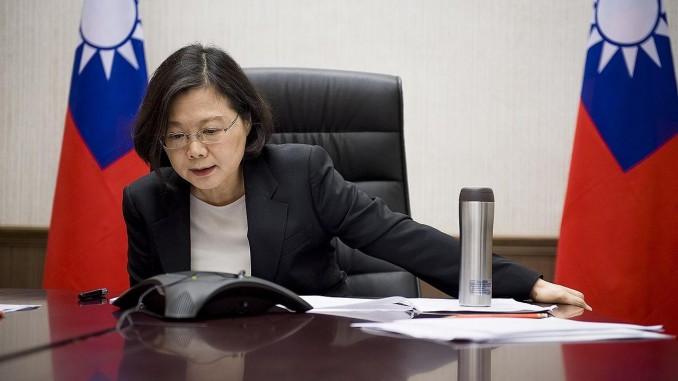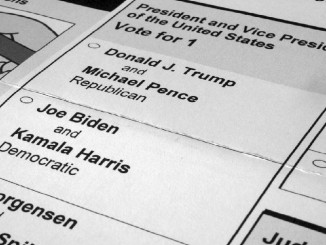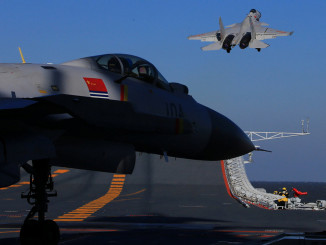
This is a summary of conversations with individuals in Taiwan and their impressions of the response to Biden’s election.
The U.S. elections have resulted in the defeat of Trump and a victory for Biden. While many in the U.S. and around the world feel a sense of relief about this, many Taiwanese are concerned about Trump’s defeat and what it may mean for the future of the island. The political status of Taiwan has been ambiguous since the Chinese Civil War, when the government of the Republic of China (ROC), led by the Kuomintang (KMT, Chinese Nationalist Party), fled to the island of Taiwan, and the Chinese Communist Party gained control of the mainland, forming the People’s Republic of China (PRC).
The ROC and PRC have for decades both claimed to be the rightful government of China under the one-China policy: both governments agree that there is one China which includes the mainland and Taiwan, but disagree on which government is legitimate. The PRC still regards Taiwan as a renegade province, and the KMT desires to eventually unify with the mainland. But there has also been a movement for independence in Taiwan, recently strengthened by the Hong Kong protests and the coronavirus pandemic. In January 2020, with the Hong Kong situation as a backdrop, the people of Taiwan re-elected President Tsai Ing-wen of the Democratic Progressive Party (DPP), which favors an independent Taiwan, in opposition to the KMT platform of closer economic ties with the mainland.
The DPP-led government has not explicitly declared Taiwanese independence, as that would intensify the tensions between Taiwan and the mainland, likely escalating to a military conflict. However, even without Taiwan declaring independence outright, tensions have been rising, with the PRC pushing for a “one country, two systems” solution, which the Taiwanese reject. Thus, Taiwan has sought the support of the United States. Many Taiwanese, fearing a forceful takeover, supported Trump’s re-election because they felt that he would be more effective than Biden at supporting Taiwan against potential aggression by the PRC. This was evidenced by Trump’s recognition of Taiwan soon after the 2016 election, when he accepted a phone call from President Tsai congratulating Trump for his victory. Trump has continued his anti-China policies and made multiple arms deals with Taiwan throughout his term as president, most recently the sale of armed Reaper drones at the beginning of November. As a result, a majority of Taiwanese favored Trump’s re-election.
On social media, Tsai has since congratulated Biden for his victory, and expressed hope for continued relations with the U.S. under the Biden administration.




